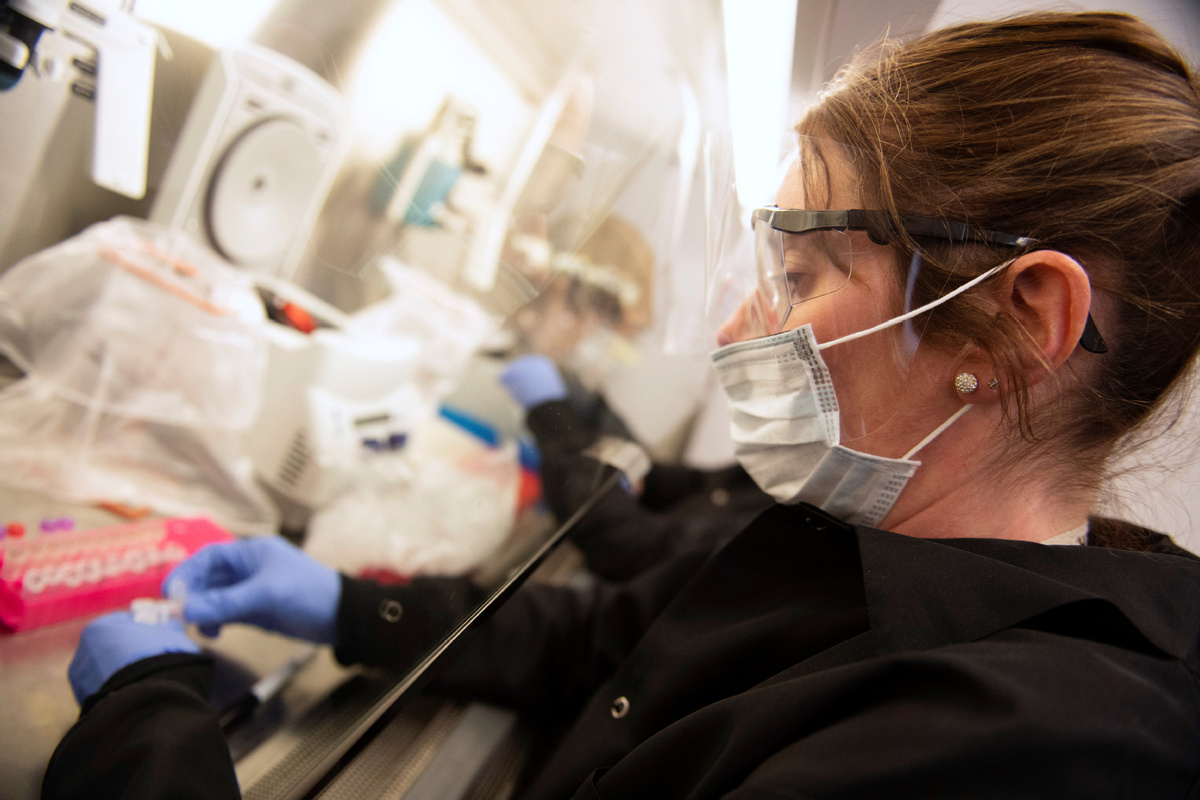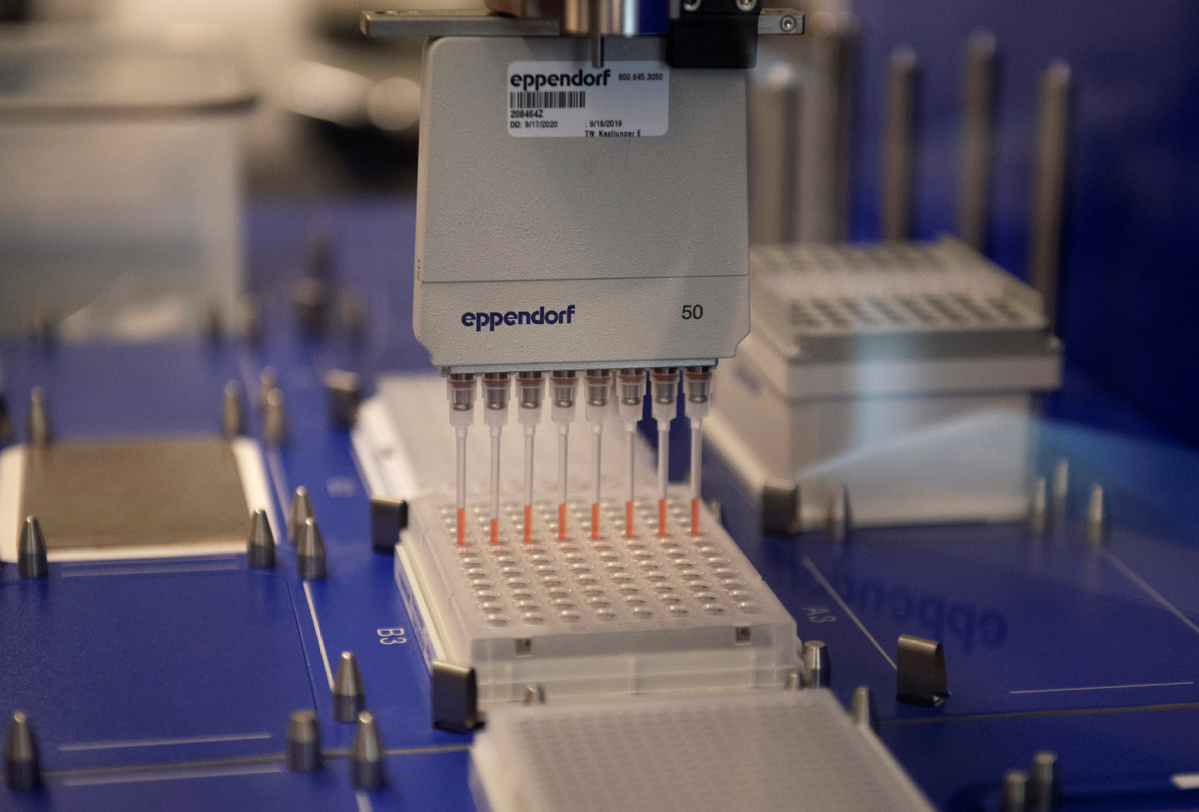Experts sound caution on supposed quick remedy
By BELINDA ROBINSON in New York | China Daily | Updated: 2020-03-30 10:12

US President Donald Trump touted them as a way of treating novel coronavirus patients, New York state has started clinical trials of them, several countries are using them to battle the virus, and pharmacists in New York, Los Angeles and other cities say the drug is out of stock following news of it being a potential treatment.
What sparked the rush for the drug was a tweet that Trump sent out.
"Hydroxychloroquine and azithromycin, taken together have a real chance to be one of the biggest game changers in the history of medicine," he said on March 21. "The (Food and Drug Administration) has moved mountains-Thank you!"
Within days after Trump expressed his support for the drugs, New York Governor Andrew Cuomo announced the FDA had given his state approval to carry out experimental trials. "There's a good basis to believe they could work," he said.
Pharmacists nationwide have said the drug is out of stock after news of it being a potential treatment spread. Two pharmaceutical companies, Teva Pharmaceuticals and Mylan Inc, said they would ramp up production of the medicine in case it was found to work.
But scientists, researchers, drug regulatory bodies and epidemiologists, including Anthony Fauci, director of the National Institute of Allergy and Infectious Diseases and a member of the White House coronavirus task force, disagreed. They have raised a caution flag: The drugs must first undergo rigorous scientific testing before use.
"The information that you're referring to specifically is anecdotal," he said at the White House news conference after Trump mentioned it. "It was not done in a controlled clinical trial, so you really can't make any definitive statement about it."

Chloroquine also gained a lot of attention after a study of 36 COVID-19 patients published in France on March 17 said to have found that most patients taking the drug cleared the coronavirus from their system a lot faster than the control group.
Cuomo issued an executive order limiting new prescriptions of the anti-malarial drugs to patients with previously approved FDA conditions and to coronavirus patients taking part in the New York state-sponsored experiments.
The Centers for Disease Control in Atlanta, Georgia, has said chloroquine along with hydrochloroquine are anti-parasitic, anti-inflammatory drugs. The FDA approved chloroquine in 1949 to treat malaria.
FDA has not approved them to fight COVID-19, and last week it said it is still determining whether they can be used to treat patients with mild to moderate COVID-19.
belindarobinson@chinadailyusa.com
























